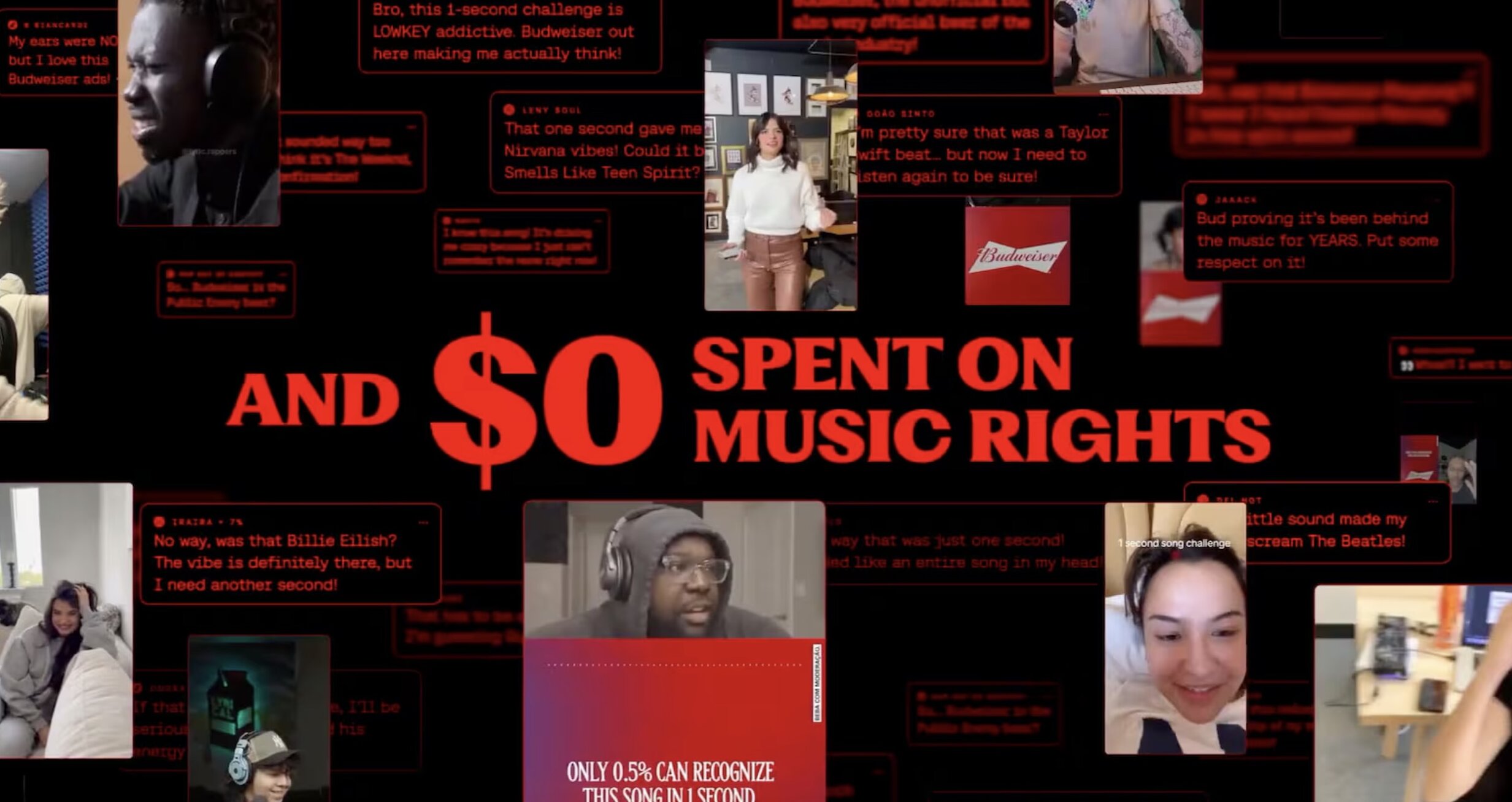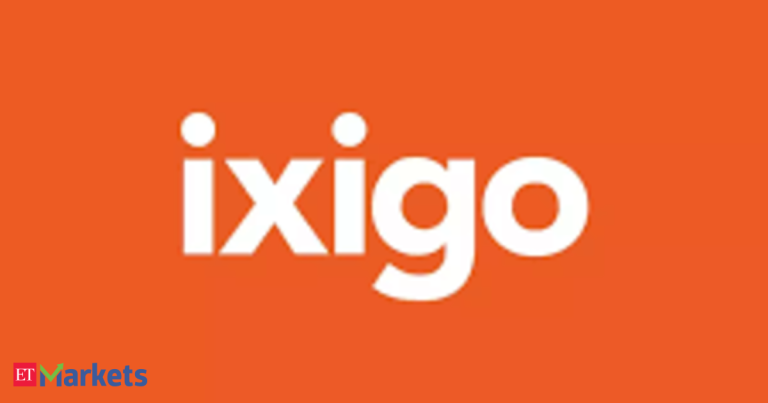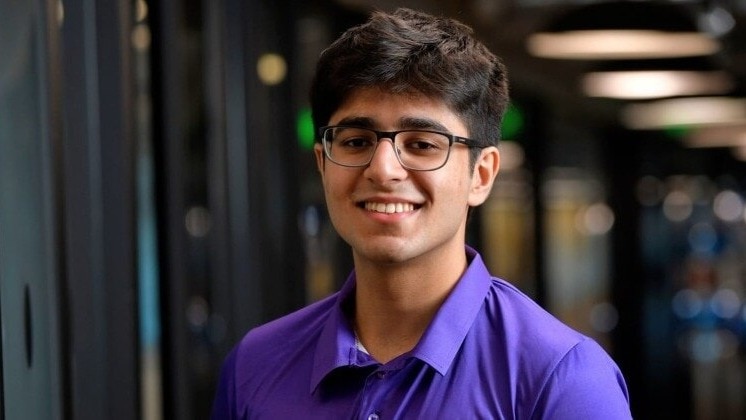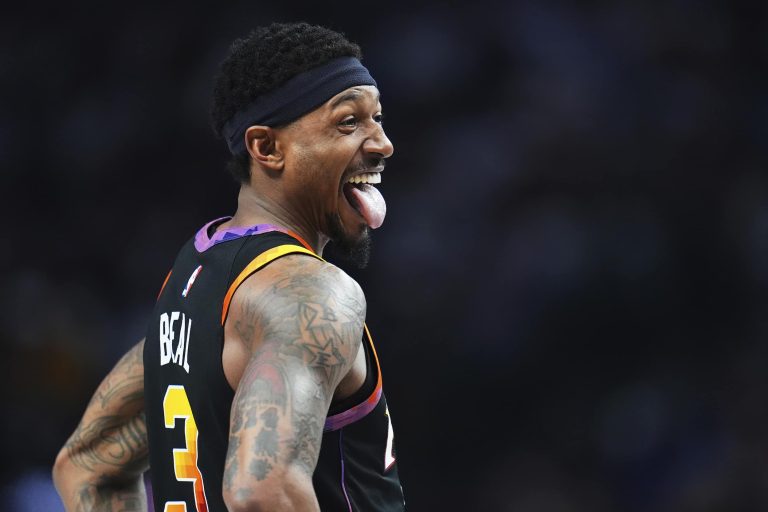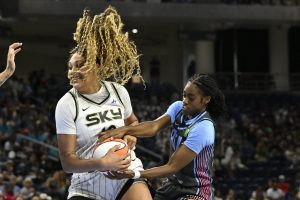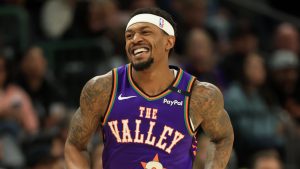Budweiser’s parent company Anheuser-Busch InBev has issued an apology for an ad campaign that won the advertising industry’s top prize at Cannes Lions while boasting that the beer giant avoided paying music rights.
The company’s recent claim of “$0 spent on music rights” recently sparked backlash from the music industry and appeared to have prompted a copyright strike from Sony Music Publising.
Budweiser’s Brazilian unit won the Grand Prix award at the Cannes Lions for its “One Second Ads” campaign, which used one-second clips from songs by artists including Beyoncé, Kendrick Lamar and Foo Fighters.
The campaign’s case study video, later removed from YouTube following Sony‘s copyright claim, stated the company created one-second advertisements using “the minimum fans need to recognize a song, the maximum allowed without paying for music rights.”

Following the backlash, AB InBev has reportedly issued an apology to Ad Age recently.
In a statement to the publication, AB InBev’s Brazilian unit, Ambev, said: “We deeply respect artists and hear the concern.”
The company added in the statement: “We have a long history of supporting musicians, festivals and events. We’re sorry and are working to resolve this.”
“We have a long history of supporting musicians, festivals and events. We’re sorry and are working to resolve this.”
AB InBev, in a statement issued to Ad Age
The controversy emerged after São Paulo-based Africa Creative DDB developed the campaign for Budweiser’s Brazilian TikTok page, where users could win coupons by correctly identifying songs from one-second clips.
The agency claimed their strategy generated 119% more views than industry benchmarks and accumulated 68 million impressions within two weeks of launch.
The campaign exclusively ran on TikTok, with Africa Creative telling Ad Forum they chose TikTok “because music is a core part of the platform. Every post includes a song, and many songs go viral because of TikTok.”
“Second, because TikTok is built around short-form content. People are already used to consuming super quick videos there, so it felt like the perfect environment for One Second Ads.”
“And since music is so embedded in TikTok’s content, we could also target the right people with the right ads – based on the genres they interact with most. A rock fan would get a rock ad. A pop fan would get a pop ad. And so on.”
Music industry professionals criticized the campaign, with Shez Mehra, CMO at Audio Branding, writing on LinkedIn: “The jury didn’t reward creativity. They rewarded loopholes (which don’t exist).”
Speaking about the now-deleted case study video, Mehra said: “The case study is gone. Sony hit them with infringement claims… What happens when a Grand Prix is built on violating music rights? I’ve been saying it for years but I’ll keep saying it. Music matters.”
The campaign’s premise remains questionable. Music licensing typically requires payment for the use of copyrighted material. According to research from Pandora Cloud Cover, advertisers could pay up to $50,000 for a synch license to use a song in their ads.
“If you play a song without a required license and are caught, the consequences can be severe and include fines,” according to Pandora Cloud Cover, warning that an award of statutory damages ranges from less than $750 or more than $30,000 under copyright laws.
In Europe, the European Court of Justice established a precedent from a dispute over Kraftwerk‘s ‘Metall auf Metall’ that any sampling of original recordings requires licensing, regardless of length.
Music Business Worldwide
